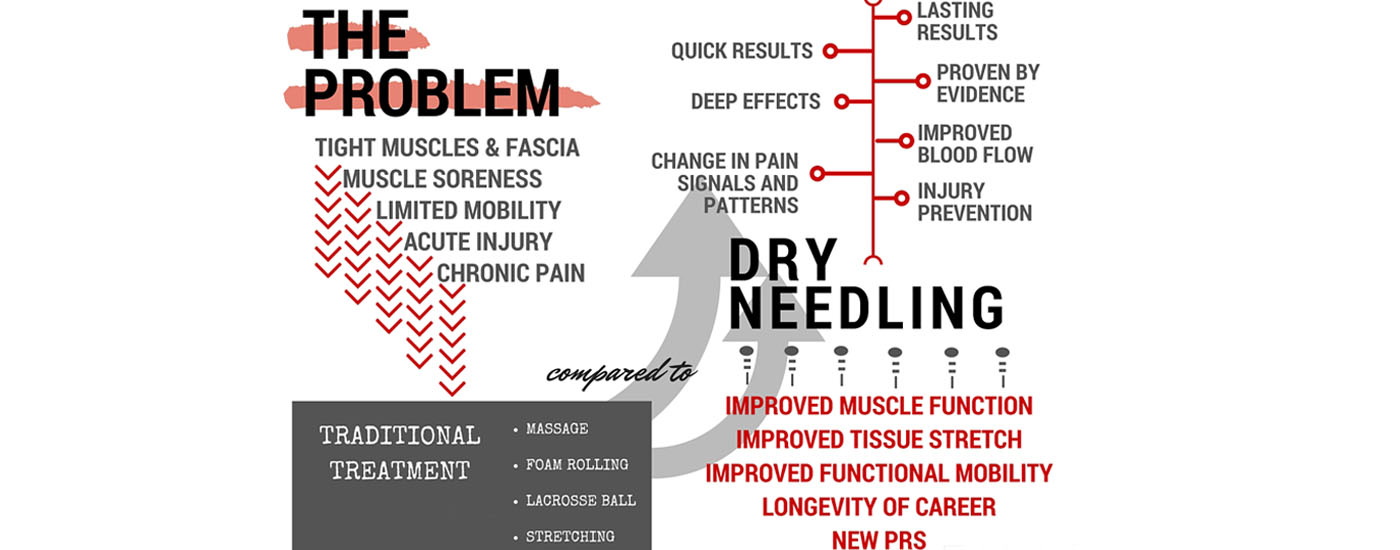The Feature Of Moms And Dads In The Child Counseling Process: What To Welcome And What To Avoid

Write-Up Written By-Pope Herskind
As a parent, your participation in the child counseling process is essential. You can develop a secure area for your child to express their feelings and thoughts. It is essential to connect honestly, yet you additionally require to recognize when to go back. Stabilizing linked web site and independence can be challenging. Recognizing the do's and do n'ts of your role can substantially affect your child's experience. So, what should you concentrate on to make certain a favorable outcome?
Comprehending Your child's Requirements and Emotions
Comprehending your child's demands and feelings is important, particularly when they're navigating complex feelings. You want to develop a setting where they feel secure to share themselves.
Take note of their body movement and tone; these can disclose overlooked ideas. Encourage them to share their feelings, even if they battle to discover the right words. Acknowledge their feelings without judgment-- this verifies their experiences and cultivates count on.
Keep in mind, children commonly don't understand how to articulate what they're feeling, so patience is essential. Be proactive in observing adjustments in habits or state of mind, as these can signal underlying problems.
Connecting Efficiently With Your child and Therapist
Efficient interaction with your child and their counselor is essential for cultivating a helpful environment. Begin by motivating open discussion at home. Ask your child about their counseling sessions without pushing them for information. Show rate of interest in their sensations and thoughts, enhancing that it's alright to share and reveal emotions.
When adolescent therapy meet the therapist, be honest concerning your concerns and observations. Share any type of modifications you've noticed in your child's behavior, and pay attention attentively to the counselor's understandings. This partnership assists create a constant technique to your child's requirements.
Recognizing When to Step Back and Permit Self-reliance
While it's natural to want to be associated with your child's journey through counseling, understanding when to go back and let them browse their own course is important.
Motivate your child to express their ideas and feelings separately, which fosters personal development and strength. Depend on the therapist to assist your child, permitting them to develop a safe area for exploration.
You can support their autonomy by refraining from overanalyzing sessions or pressing them to share every information. Instead, focus on producing a nurturing atmosphere in your home where they really feel comfortable reviewing their experiences on their terms.
Conclusion
To conclude, your involvement in your child's therapy trip is crucial, yet finding the right balance is crucial. Urge them to share their sensations while valuing their area and the counselor's role. Rely on the procedure and stay clear of spying for information, as this can suppress their visibility. By cultivating self-reliance and keeping open interaction, you can enhance your bond and support your child's emotional development throughout this crucial experience.

